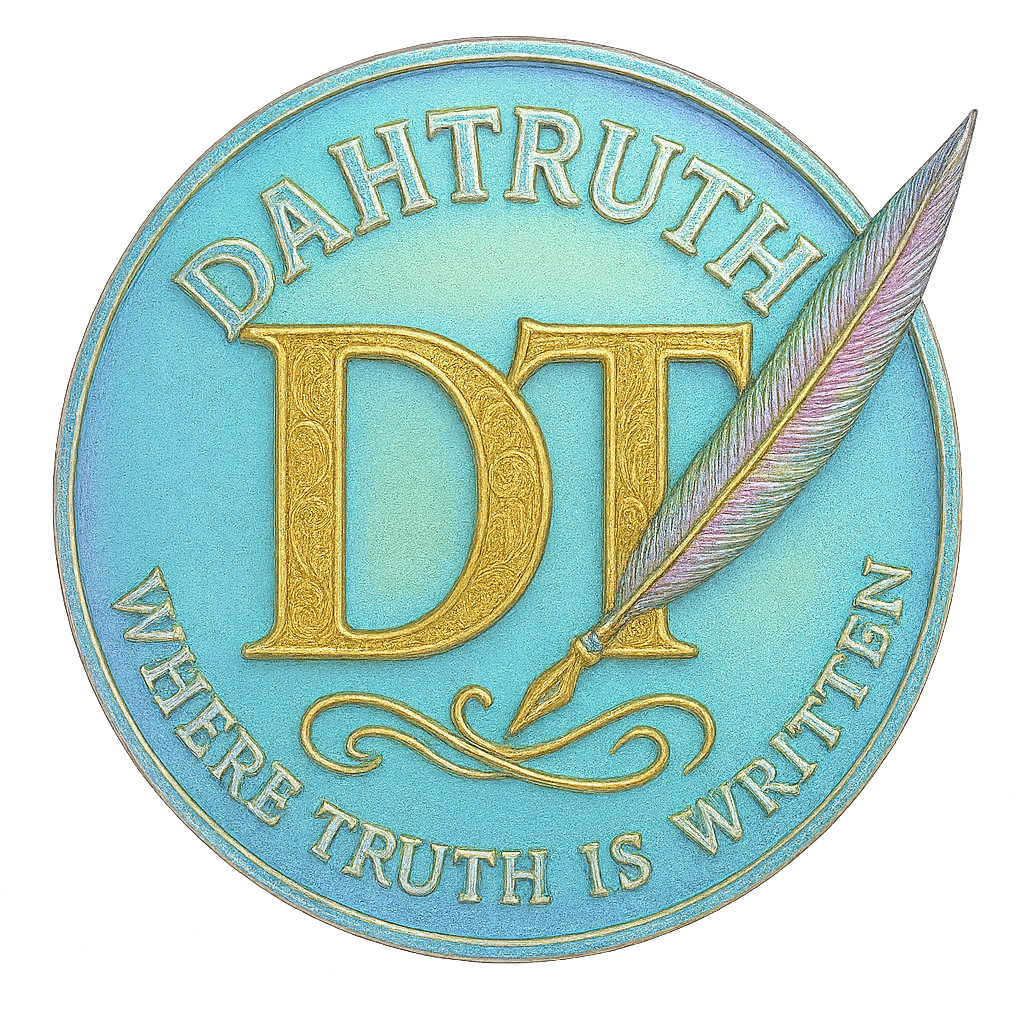Americans Need to Pull the Plank
“He that is without sin among you, let him first cast a stone at her.” John 8:7 KJV
I grew up in America during the 1980s and 1990s. It was after the Civil Rights Movement but before the crack epidemic destroyed so many of our neighborhoods. In those days, my brother was one of the first in our family to get caught up in the streets. I remember the flashing blue lights through our window when the police came for him. He wasn’t a hardened criminal, just a young Black boy who got lost along the way. That night changed how I saw America. By sixteen, I knew most Black boys would face arrest at least once. The police didn’t patrol our neighborhood. They came to make arrests.
When crack hit, it swept through our communities like a storm. Overnight, neighbors became strangers. By the time I graduated high school, our world had divided into three groups. There were those who avoided drugs, those who smoked them, and those who sold them. The violence that followed was devastating. But the truth is, we didn’t bring that poison here. Crack came from somewhere else, from planes, ports, and pipelines that had nothing to do with us. If “Black-on-Black crime” exists, then so does the system that funneled poison into our neighborhoods and pretended to be shocked at the results.
Still, we own our story. The Black community has long acknowledged its struggles, including addiction, violence, and the erosion of family and faith. What’s frustrating is when outsiders point fingers while pretending to be innocent. For decades, America blamed Black neighborhoods for all its moral failures. Yet we’ve seen the hypocrisy through clergy abuse scandals, school shootings, corporate greed, sexual violence, and the opioid epidemic. Those stories had White faces too.
That is why I take issue with commentators like Megyn Kelly, Matt Walsh, and Michael Knowles. They are quick to condemn Black America while ignoring the plank in their own eye. After Charlie Kirk’s tragic death, Kelly and others used his killing to highlight “Black violence,” ignoring that Tyler Robinson, the man who killed Kirk, was White and raised in a two-parent home. That fact alone destroys the stereotype that violence is born only from “fatherless Black homes.”
Kelly’s outrage missed the point. She spoke as though Kirk’s death confirmed every prejudice she has ever voiced about Black America. But her anger was pointed in the wrong direction. You cannot say Black America is broken when White America bleeds too.
According to FBI data from 2019, 69.4 percent of all arrests were of White individuals and 26.6 percent were Black. These raw numbers show that White offenders made up the majority of arrests nationwide. In that same year, robbery accounted for 22.3 percent of violent crimes and rape for 8.2 percent, without any racial monopoly.
Critics often say that 50 percent of murders in Washington, D.C., are committed by Black offenders. But you can make the same claim about Whites in Kentucky, where White men accounted for over half of all homicides between 2022 and 2025. Yet no one uses that data to argue that “White culture is violent.” When you remove the per capita framing that pundits love to hide behind, the picture changes. More Whites commit more crimes in raw numbers because there are simply more White Americans. To pretend otherwise, and to inflate one city’s statistics into a racial indictment, is racism in practice.
Black America can acknowledge its wounds. We can talk openly about our problems. But the conversation must be honest on both sides. It is just as wrong to deny the violence in our community as it is to pretend that White America is innocent.
On the other end of the spectrum are writers like Ta-Nehisi Coates and Nikole Hannah-Jones, whose words, though powerful, sometimes overreach in the opposite direction. They turn every tragedy into proof that Black America is forever doomed. Coates’ recent exchange with Ezra Klein following Kirk’s death showed that divide. Klein, writing in The New York Times, argued that Kirk’s assassination should remind us of the danger of political violence and that no one should die for their speech. Coates, responding in Vanity Fair, reduced the event to a parable about racism and power. In doing so, he missed the deeper point. Violence does not care who it serves.
It is disturbing and dangerous when public figures, left or right, use tragedy to justify hatred. If we do not learn from Kirk’s death, we will repeat it. America is boiling over because we have confused moral outrage with righteousness. Each side doubles down on hate instead of humility.
The truth is, no one here is innocent. Black America has its wounds. White America has its ghosts. The only way forward is through self-examination, not self-righteousness. The lesson Christ gave still stands:
“And why beholdest thou the mote that is in thy brother’s eye, but considerest not the beam that is in thine own eye?”
— Matthew 7:3 (KJV)
Before we keep pointing fingers, we all need to pull the plank from our own eye.

